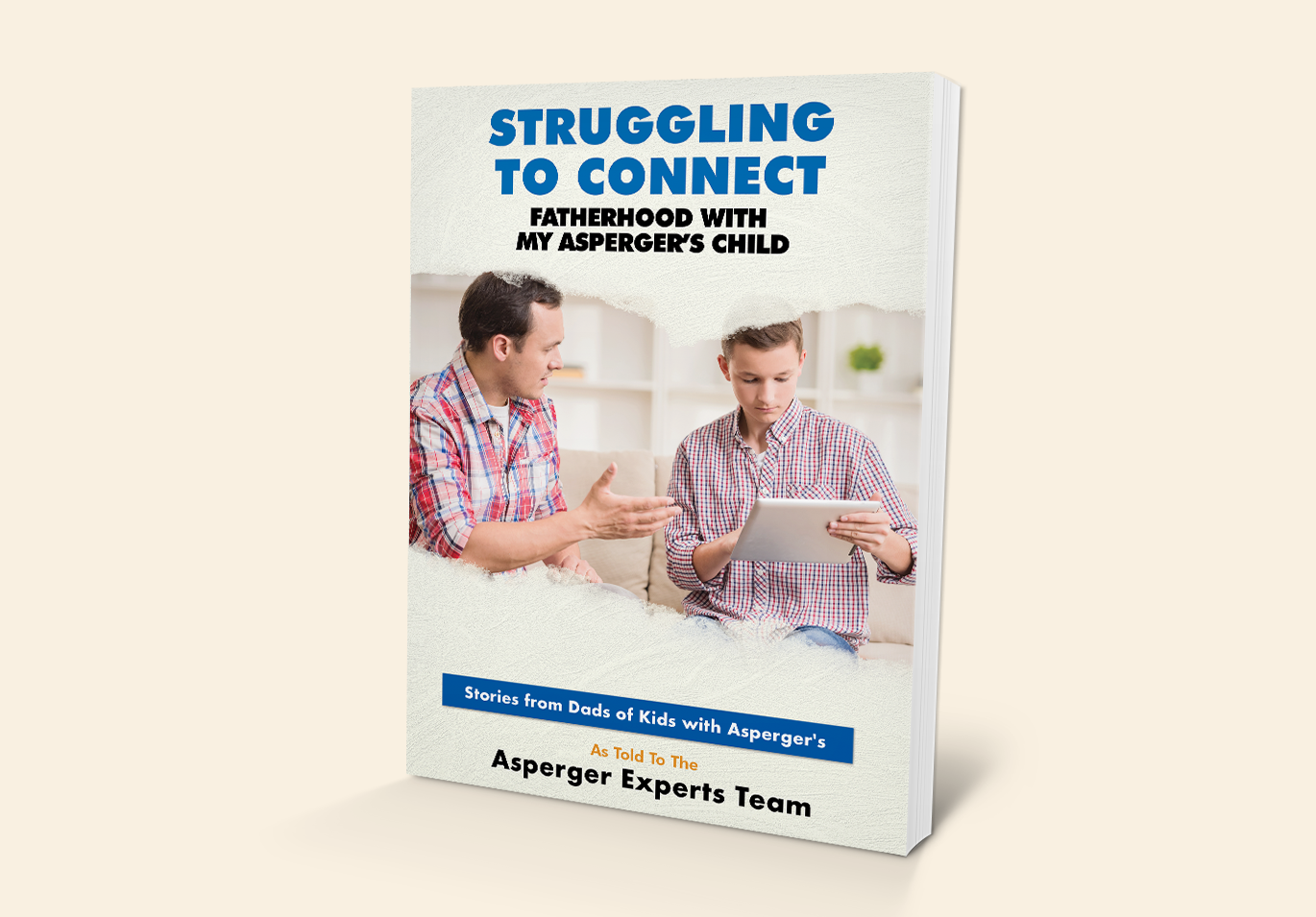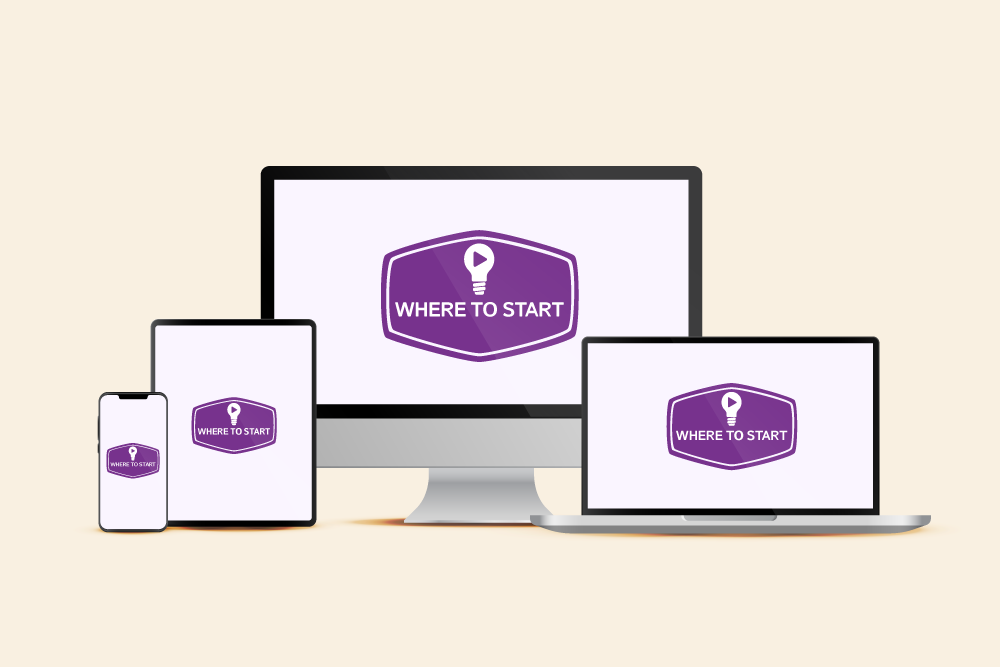Parenting Why Won't They Just Listen?! - The 3 Essentials of Communication

The AE Team
You daydream about a perfect world where the beds are always made, homework is swiftly done, teeth are frequently brushed, your viewpoints are clearly expressed and understood, and there’s not an argument to be had.
Sadly, that is not the world in which we live. It sucks, I know.
So what do you about it? Are you doomed to wallow in misery as these problems remained unsolved? Sure, if you want to. But there’s a better way! Believe it or not, it is possible to expertly navigate the relationships and social situations that surround you every day.
To work this magic you need to learn and master a very special skill-set. It’s a broad and varied one, but we’ll sum it up in one word: Communication.
Now most of us have a pretty good idea what communication is, but just to be sure we’re all on the same page let’s define it. If you look at the etymology of the word “communication” it stems from the Latin word “communis” which literally means “to make common”. So for our purposes today, we’re going to define communication as any action that transmits information to another human being. Basically, just something that puts information out there into shared (common) pool of knowledge, meaning, and understanding. This “something” can be practically anything: the words you speak, your tone of voice, your facial expression and body language, your behavior, the clothes you’re wearing, the list goes on and on.
So by now I’m sure you’re dying to become a master communicator, and learn all about how to actually do this. All in good time, my young grasshopper. Before we can get into all that awesome stuff we must first learn the 3 essentials of communication.
Essential #1: Create Shared Language
Remember the last time you looked at the menu in a fancy Italian restaurant and realized that you don’t speak Italian? Then you can begin to appreciate the importance of shared language. Language is defined simply as the words we use and the meanings we assign to them. So if you and I have a shared language then we’re using the same words with the same definitions.
I’ll illustrate why this principle is important with an example. Your son is playing video games and you remind him that he needs to clean his room. He says “Sure!”, pauses the game, and promises to take care of it. Reassured, you leave the room. An hour later you glance into his room. It looks better than before, but it’s still not clean so you interrupt his game once again to inform him of this fact. The conversation that follows sounds something like this:
“Son, your room isn’t clean yet.”
“Yes it is”
“No, the bed isn’t made and there’s still stuff on the floor”
“Mom, I just cleaned it 10 minutes ago. It’s fine. Leave it alone.”
Obviously when you said “clean your room” you and your son both had very different definitions of what that phrase meant. This difference in definitions, assigned meanings, and understandings is one of the most common sources of conflict we see every day. To create a shared language you would need to sit down with him, discuss each of your perceptions, and come to a mutually agreed-upon definition.
Essential #2: Listening and Understanding
Let’s say your car won’t start. Fortunately, you know one or two things about cars, though you’re no expert. You’re in a hurry so without taking the time to look in the engine and investigate you decide that it must be the fuel line. So you go out and spend several hundred dollars to replace it. Then to your dismay, the car still won’t start. It wasn’t the fuel line.
We all intuitively know that this behavior would be ridiculous. Not many of us would spend hundreds of dollars on an expensive car part without some evidence that that part was indeed the problem.
So why do we do it in our relationships? It doesn’t make much sense.
Let’s say your son isn’t doing his math homework, but without much investigation or questioning we assume that he’s just not motivated enough and so you proceed to enforce consequences and elaborate on the merits of good grades. However after weeks of this with no results we discover that this was never a motivation issue, but a capability one. There’s a big part of him that wants to do his homework, he just doesn’t understand the concepts leading to immense anxiety and confusion that causes him to shut down and go into Defense Mode.
This is one of the biggest reasons why listening and understanding is so important. All the communication and problem solving skills in the world can’t help you if you don’t understand what the root issue is. To paraphrase the words of Dr. Stephen Covey, “Before you start climbing the ladder of success make sure it’s propped up against the right wall.”
Please take lots of time to ask questions and really seek to understand, and then make sure you’ve understood. Summarize back to the person what they’ve just said. This will help ensure that you’ve really got it, and it also has the happy side effect of helping the individual feel truly heard, cared for, and validated.
I assure you the additional investment of time will be well worth it. If you would like some additional knowledge on how to listen deeply and effectively we have a whole article written on that very subject, which you can find here.
Essential #3: Knowledge, Skill, and Practice
Would you ever try to give someone open heart surgery without any knowledge of human anatomy or surgical techniques? Of course not!
You recognize the paramount importance of having skill and knowledge in that situation and know that if you go in there and just start hacking around you’re probably going to do more harm than good. Communication works the same way. If there’s a very complex, high-risk, emotional situation, and you go in there without any knowledge or skill, you’re probably not going to handle it very well.
This final essential is pretty straightforward. Effective communication is a skill just like any other. It’s not something you’re born knowing. You have to learn it. Sadly, however, most of us are not taught effective, healthy communication, nor have many of us had friends and family in our lives that have modeled good communication for us. If this description applies to you then we urge to make the learning of communication and relationship skills one of your top priorities.
Break the pattern. Change your life. Overcome the difficulties in your life through knowledge, skill and practice. The difference it will make in your relationships and overall happiness is priceless. Many that embark upon this path spend years reading countless books in order to glean the most relevant information and change the way they think about relationships. Although that takes a really long time, is it worth it? Heck yeah!
A future filled with happier, more productive, and more fulfilling relationships lies just ahead of you. Are you willing to take the leap?
P.S. If you’re hard-core about improving your communication skills then here is a list of a few of our most highly-recommended books on the subject.
“Anatomy of Peace” - by Arbinger Institute
“Crucial Conversations” - VitalSmarts
“Influencer” - VitalSmarts
“Kids are Worth it” - Barbara Coloroso
Join Our Email List
Get advice, scripts, stories and more sent directly to your email a few times a week.
Read Next
Books & Courses Related To This
View all productsGreat For Parents
Great For Dads
Great For Parents
Great For Starting Out





